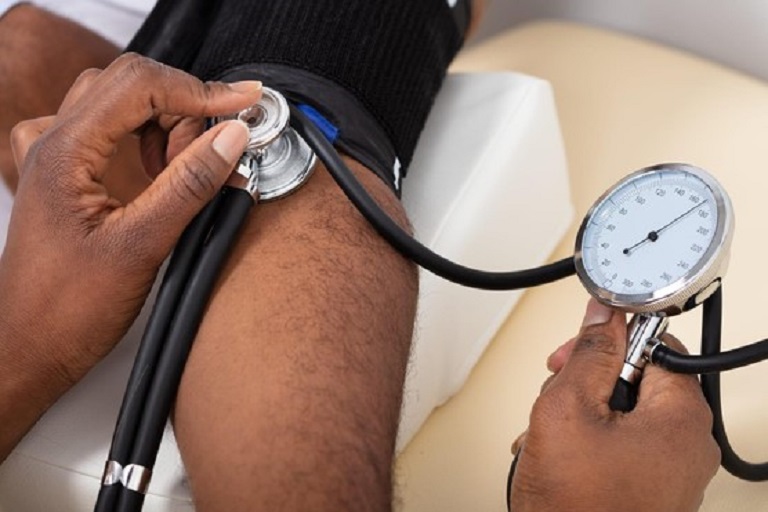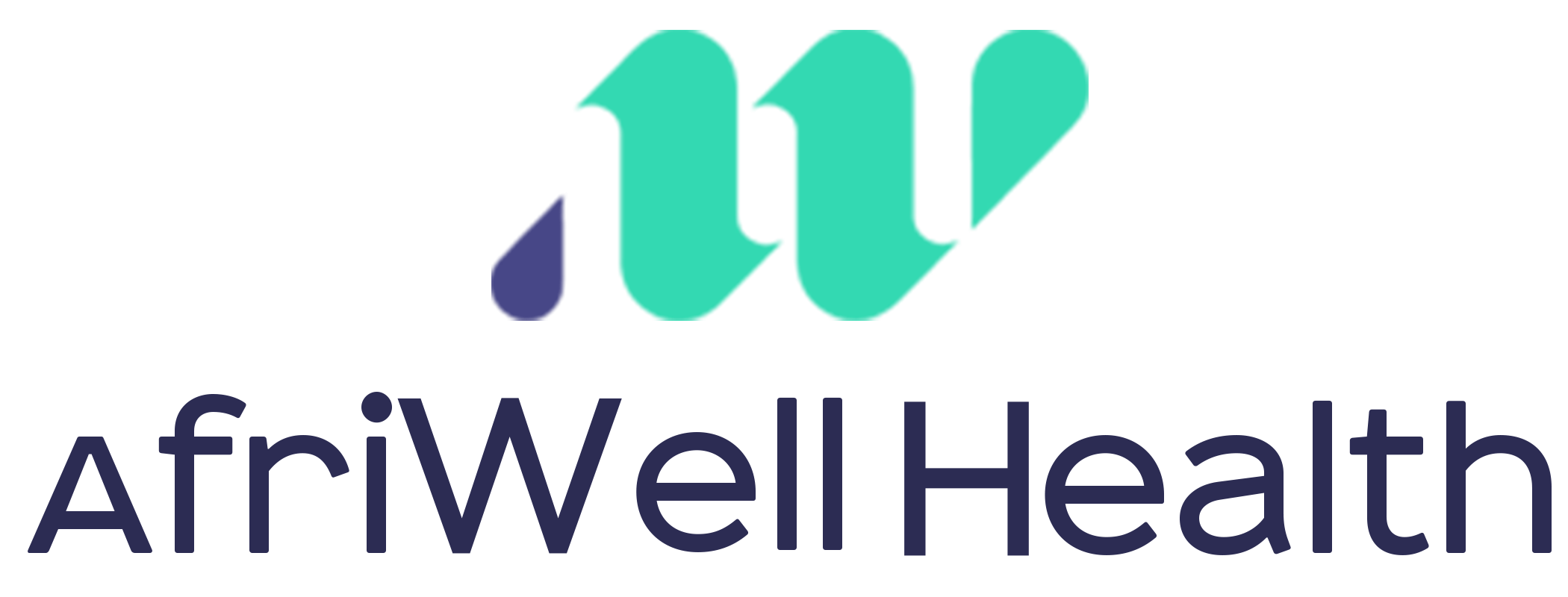Let’s Discuss High Blood Pressure
- joelleitoua

Let’s Discuss High Blood Pressure
Less than 10 years ago, some 70% of deaths recorded at the Brazzaville CHU, one of the reference hospitals in Congo, were related to high blood pressure. According to studies conducted by the Ministry of Health, almost 50% of the adult population suffers from high blood pressure. The health emergency therefore requires raising public awareness of the risks of this disease, its manifestations and its consequences.
What is high blood pressure?
The heart works like a pump that pushes blood through the body. High blood pressure is the result of too much pressure exerted by the blood on the walls of the arteries.
Blood pressure is expressed as two numbers. The first, the highest, corresponds to the so-called “systolic” pressure, that is to say the pressure exerted on the walls of the arteries when the heart contracts. The second, the weakest, corresponds to the “diastolic” pressure, the pressure during the relaxation phase of the heart. The unit of measurement used is the centimeter of mercury, or cmHg.
A person is considered to have high blood pressure when the blood pressure measurement at rest is greater than or equal to 14 cmHg for the systolic pressure and 9 cmHg for the diastolic (i.e. ≥ 14/9 cmHg), and this at several times during 3 successive consultations over a period of 3 to 6 months.
How does high blood pressure manifest?
High blood pressure does not usually have specific manifestations. Its discovery is often fortuitous, during a routine medical exam. However, in the event of strong and lasting high blood pressure, certain symptoms may appear, such as headaches, dizziness, palpitations or ringing in the ears.
The main problem posed by high blood pressure is its impact on the cardiovascular system. Untreated, hypertension is the source of many pathologies: atherosclerosis (deposit of lipid plaques on the walls of the arteries which can lead to the formation of clots obstructing the lumen of the vessels), myocardial infarctus, cerebrovascular accident (CVA), heart or kidney failure…
What are its causes?
In the vast majority of cases, the causes of high blood pressure remain unknown – it’s essential hypertension. Several risk factors have been associated with this type of hypertension:
- Age (the risk increases with age),
- Sex (men are more affected than women),
- Hereditary factors (children of hypertensive patients are more at risk),
- Premature birth or pre-eclampsia in the mother during pregnancy
- Overweight and obesity,
- Physical inactivity,
- A diet too high in salt and low in potassium,
- Smoking and alcohol consumption,
- Stress
Other cases are called secondary hypertension. They are the consequence of an underlying pathology (problem with kidneys or the adrenal glands, sleep apnea, etc.).
Finally, we can also mention the so-called gravidic hypertension, encountered specifically in pregnant women and which represents a possible complication of pregnancy.
What are the treatments?
In the event of essential hypertension, the practitioner will initially recommend hygiene and dietary measures: reduce salt and alcohol consumption, practice physical activity, lose weight, stop smoking, etc. These measures may be enough to reduce the voltage and bring it back to normal.
Otherwise, antihypertensive treatment may be prescribed. There are several classes of drugs: diuretics, beta-blockers, calcium channel blockers, ACE inhibitors, angiotensin II inhibitors, alpha-receptor antagonists and central antihypertensives.
Often, a single drug is first administered, or a combination of 2 molecules at low doses in the patients least at risk. For the others, dual therapy or even triple therapy can be initiated from the outset.
What to eat to better regulate your blood pressure?
Some foods promote hypertension: this is the case with processed foods because they are rich in salt, sugar and additives. Dishes that are too salty are also to be avoided.
> Sources of carbohydrates with a medium or low glycemic index: lentils, chickpeas, basmati rice, sweet potato, oatmeal, 2 to 4 servings of fruit per day.
> Vegetables to provide potassium: spinach, lamb’s lettuce, arugula, white cabbage, red cabbage, kale, garlic, beets, broccoli, onion, rosemary, thyme, basil, ginger.
> The consumption of fibers is important: they contribute to the proper functioning of the body and the intestinal flora by regulating the potassium/sodium balance. They also provide polyphenols that help regulate levels of inflammation in the body and therefore that of blood vessels.
> Garlic, beets and onions: they promote vasodilation (widening of the arteries) and therefore help reduce blood pressure, which has a specific action on the hormones managed by the kidneys.
> Small fatty fish such as sardines, anchovies and mackerel: the consumption of omega 3 must be sufficient to positively modulate inflammation, increase the vasodilation of the arteries and influence the hormones renin and angiotensin.
- joelleitoua
